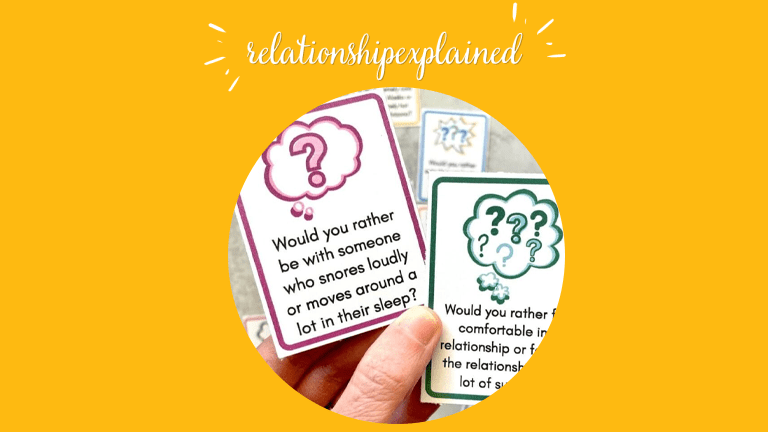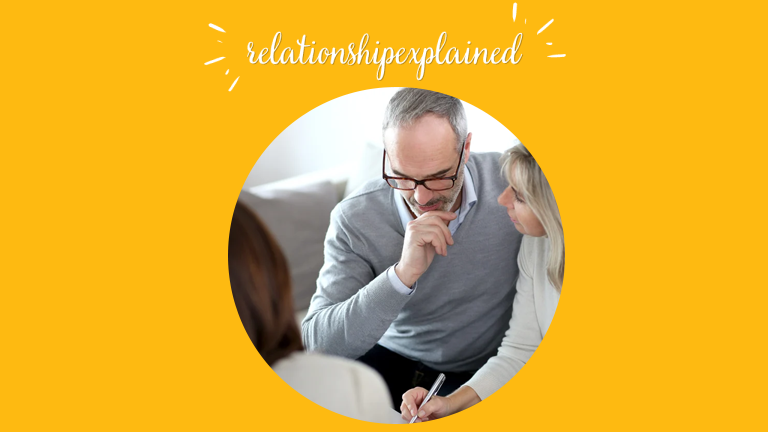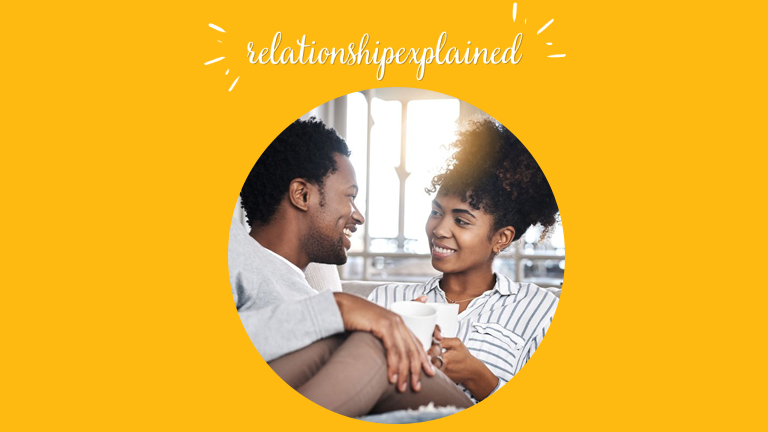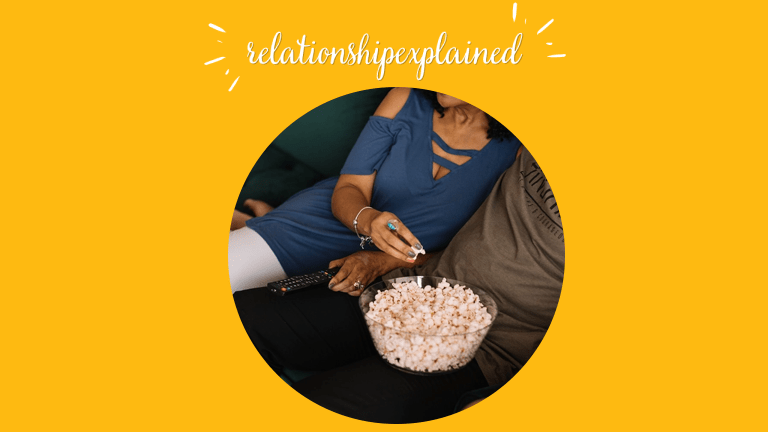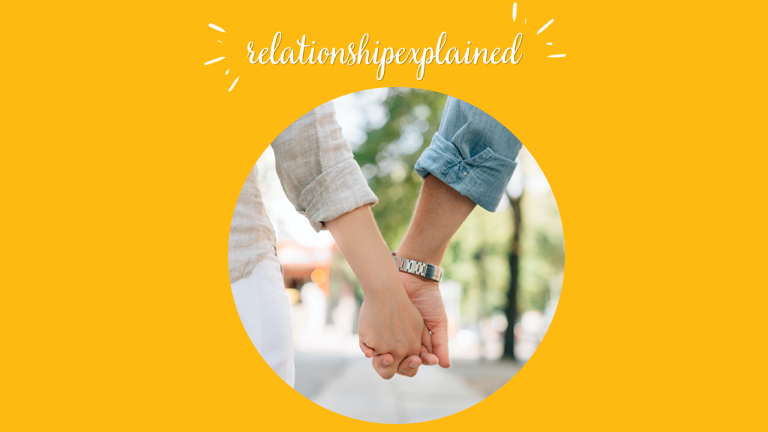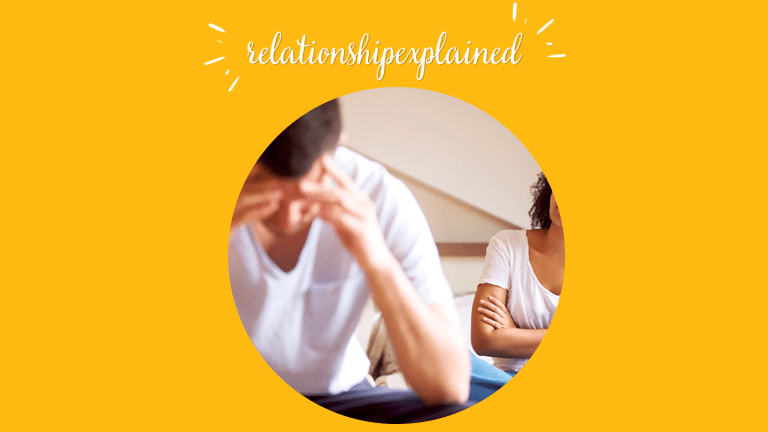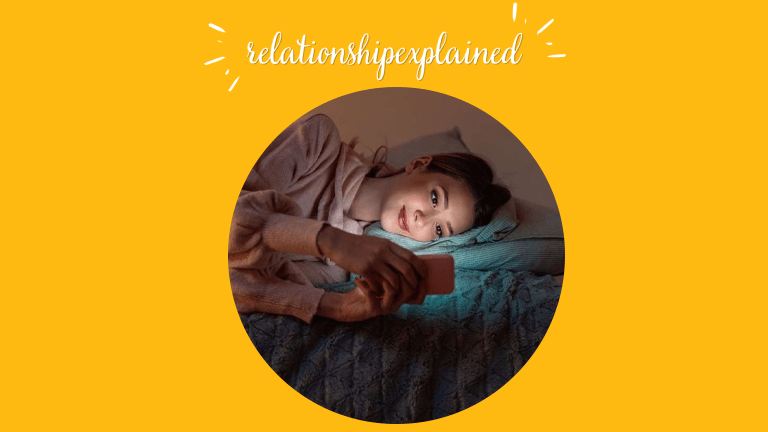Ready for a New Relationship
Embarking on a new relationship journey can be an exhilarating experience filled with hope and possibilities. However, it's important to ensure that you're truly ready for this new chapter in your life. Reflecting on your past experiences, assessing your current emotional state, and understanding what you're looking for in a future partner are crucial steps […]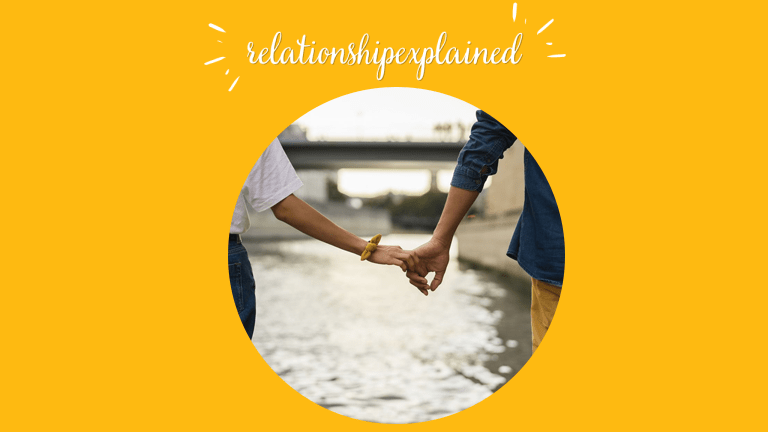
Embarking on a new relationship journey can be an exhilarating experience filled with hope and possibilities.
However, it's important to ensure that you're truly ready for this new chapter in your life. Reflecting on your past experiences, assessing your current emotional state, and understanding what you're looking for in a future partner are crucial steps in preparing yourself for a healthy and fulfilling relationship.
Well, we'll be going over:
- The importance of understanding your past relationships and learning from them to avoid repeating the same patterns.
- Evaluating your current emotional readiness for a new relationship, ensuring that you're not carrying unresolved baggage that could affect your future relationship.
- Identifying what you want and need in a new relationship, setting clear expectations and boundaries from the outset.
Let's dive in.
Key Takeaways
- Understanding your past can help you gain insight into your own needs and desires.
- Evaluating your current state of mind can help you avoid jumping into a new relationship before you're truly ready.
- Identifying what you want in a new relationship can help you approach the future with confidence.
Understanding Your Past
Starting a new relationship can be exciting, but it can also be daunting. Before you dive into a new relationship, it's important to take a step back and reflect on your past. Understanding your past can help you learn from your mistakes and patterns, and avoid making the same mistakes in the future.
Reflecting on Past Relationships
Reflecting on your past relationships can help you identify patterns and behaviors that may have contributed to the end of those relationships. It's important to be honest with yourself about what went wrong and what you could have done differently. This can be a difficult and emotional process, but it's essential for personal growth and healing.
Learning from Mistakes and Patterns
Once you have identified patterns and behaviors in your past relationships, it's important to learn from them. This can involve changing your behavior or mindset, setting new boundaries, or seeking therapy to work through unresolved issues. Learning from your mistakes and patterns can help you break negative cycles and build healthier relationships in the future.
The Importance of Forgiveness
Forgiveness is an important part of moving on from past hurt and heartbreak. This includes forgiving yourself for mistakes you may have made in past relationships, as well as forgiving your ex-partner for any hurt they may have caused you. Holding onto bitterness and cynicism can prevent you from fully moving on and opening yourself up to new relationships.
It's important to remember that everyone has baggage and has experienced grief and heartbreak in some form. By taking the time to reflect on your past, learn from your mistakes, and forgive yourself and others, you can move forward with confidence and build healthier relationships in the future.
Evaluating Your Current State of Mind
Before you enter a new relationship, it is essential to evaluate your current state of mind. This evaluation will help you identify any potential issues that could affect your future relationship. Here are some things to consider:
Emotional Healing and Self-Worth
If you have recently gone through a breakup or are still healing from past relationships, take the time to evaluate your emotional state. It is essential to ensure that you have healed and love yourself before entering a new relationship. Being single is not a bad thing, and it is crucial to be comfortable with being alone before starting a new relationship.
Being Comfortable with Being Alone
Assessing your emotional availability is critical before entering a new relationship. You need to be emotionally available and ready to invest time and energy into a new relationship. If you are still carrying emotional baggage from past relationships, it may be challenging to be emotionally available for a new partner.
Assessing Your Emotional Availability
It is essential to assess your emotional availability before entering a new relationship. You need to be emotionally available and ready to invest time and energy into a new relationship. If you are still carrying emotional baggage from past relationships, it may be challenging to be emotionally available for a new partner.
To ensure that you are emotionally available, take the time to process and heal from past relationships. This process may involve letting go of anger, forgiving yourself and others, and working on your self-esteem and self-worth.
Remember, there is no pressure to enter a new relationship. Trust your instinct and take the time to evaluate your relationship with yourself. Work on your inner self and focus on self-care, healing, and processing your emotions. By doing so, you will build self-confidence, and you will be ready for a new relationship when the time is right.
Identifying What You Want in a New Relationship
Starting a new relationship can be exciting, but it's important to take the time to identify what you want in a partner. By recognizing healthy relationship traits, setting expectations and boundaries, and avoiding rebound relationships, you can focus your energy on building a strong and fulfilling connection with someone new.
Recognizing Healthy Relationship Traits
Before you start a new relationship, it's important to understand what healthy relationship traits look like. A healthy relationship is built on mutual respect, trust, and communication. You should feel comfortable being vulnerable with your partner and sharing your hopes and dreams for the future. Look for someone who is willing to communicate openly and honestly with you, and who is committed to building a long-term relationship based on shared values.
Setting Expectations and Boundaries
To ensure that your new relationship is healthy and fulfilling, it's important to set clear expectations and boundaries from the beginning. This means communicating your needs and desires to your partner and being willing to compromise when necessary. It's also important to establish boundaries around what you are and are not comfortable with in a relationship, such as how much time you want to spend together or what kinds of physical intimacy you are comfortable with.
Avoiding Rebound Relationships
After a breakup, it's natural to feel vulnerable and to want to find someone new to connect with. However, it's important to be aware of the potential pitfalls of rebound relationships. These relationships are often based on a need for validation and can be dependent and short-lived. To avoid getting into a rebound relationship, take the time to reflect on your past relationships and what you want in an ideal partner. Use this checklist to help you identify your needs and wants, and to avoid red flags that may indicate a potential rebound relationship.
By taking the time to identify what you want in a new relationship, you can set yourself up for success and find a partner who is truly compatible with you. If you're struggling to navigate the dating world, consider seeking the advice of a relationship expert who can help you communicate your needs and build a strong and healthy connection with someone new.
Preparing for a New Beginning
Starting a new relationship can be a thrilling experience, but it can also be daunting. Before you open your heart to someone new, it's important to take some time to prepare yourself for the journey ahead. In this section, we'll explore some ways to get ready for a new relationship.
Building Independence and Personal Growth
Before you can be a good partner to someone else, you need to be comfortable being alone. Take some time to focus on yourself and your own personal growth. This could involve pursuing new hobbies, learning new skills, or working with a psychologist to address any issues that may be holding you back.
Enhancing Communication and Social Skills
Communication is key in any relationship, so it's important to work on your communication skills before you start dating again. This could involve practicing active listening, learning how to express your feelings in a healthy way, or working on your social skills to help you feel more comfortable meeting new people.
Finding a Like-Minded Partner
When you're ready to start dating again, it's important to look for a partner who shares your values and interests. This can help ensure that you have a strong foundation for a healthy and fulfilling relationship. Keep an open mind and be willing to explore a variety of options to find someone who is truly like-minded.
Remember, preparing for a new relationship takes time and effort. But with the right mindset and a commitment to personal growth, you can set yourself up for a lifetime of love and happiness.
Embracing the Future Without Fear
Starting a new relationship can be scary, especially if you've been hurt in the past. But if you want to find love and happiness, you need to be open to the future and embrace it without fear. Here are some tips to help you overcome your fear of commitment, learn to trust and love again, and recognize when you are ready for a new relationship.
Overcoming Fear of Commitment
If you're afraid of commitment, it's important to figure out why. Are you afraid of getting hurt again? Do you feel like you're settling if you commit to one person? Are you afraid of being vulnerable? Once you understand why you're afraid, you can start to work on overcoming it.
One way to overcome your fear of commitment is to take things slow. You don't have to jump into a committed relationship right away. Take the time to get to know someone before you commit to them. This will help you build trust and feel more comfortable with the idea of commitment.
Learning to Trust and Love Again
If you've been hurt in the past, it can be hard to trust and love again. But it's important to remember that not everyone is the same. Just because one person hurt you doesn't mean that everyone will. It's important to give people a chance and be open to the possibility of love.
To build trust in a new relationship, it's important to be honest and open. Don't hold back your feelings or thoughts. Be vulnerable and share your fears and concerns with your partner. This will help you build a strong foundation of trust and love.
Recognizing When You Are Ready
Before you start a new relationship, it's important to make sure that you're ready. If you're still feeling defeated or desperate from your past relationships, it may be too soon to start something new. Take the time to work on yourself and build your confidence before you start looking for a new love.
When you're ready for a new relationship, you'll feel excited and hopeful about the future. You'll be open to the possibility of love and committed to finding a partner who is right for you. You won't feel like you're settling or desperate for a relationship. Instead, you'll feel confident and reassured that you're making the right choice.
In conclusion, embracing the future without fear is the key to finding love and happiness. By overcoming your fear of commitment, learning to trust and love again, and recognizing when you're ready for a new relationship, you can build a strong and committed relationship that will last a lifetime.
Frequently Asked Questions
What are the indicators that one is emotionally prepared to start dating?
Before entering into a new relationship, it is essential to ensure that you are emotionally ready. Some indicators that you are ready to start dating again include feeling confident and content with yourself, having a positive outlook on life, and being open to new experiences. You should also feel comfortable with the idea of being vulnerable and sharing personal information with a potential partner.
What steps should you take when you feel prepared to enter into a relationship?
When you feel emotionally prepared to enter into a relationship, it is essential to take things slow and communicate openly with your partner. It is also important to set boundaries and make sure that you are both on the same page regarding the nature of your relationship. It is also recommended to take the time to get to know your partner and build a strong foundation of trust and respect.
What constitutes the early stage of a new relationship and how should one navigate it?
The early stages of a new relationship can be exciting but also challenging. During this time, it is essential to communicate openly with your partner and establish clear expectations for the relationship. It is also important to take things slow and not rush into anything too quickly. Be sure to make time for each other and continue to build a strong foundation of trust and respect.
How long should one wait after a previous relationship before considering a new one?
There is no set time frame for how long one should wait after a previous relationship before considering a new one. It is essential to take the time to heal and process your emotions before entering into a new relationship. It is recommended to wait until you feel emotionally ready and have moved on from your previous relationship.
What are the signs that you might not be ready for a relationship?
Some signs that you might not be ready for a relationship include feeling emotionally unstable, still harboring feelings for an ex-partner, and not being able to commit to a relationship. It is essential to take the time to work on yourself and address any underlying emotional issues before entering into a new relationship.
What advice can be offered to women embarking on a new relationship?
When embarking on a new relationship, it is essential to communicate openly with your partner and establish clear expectations for the relationship. It is also important to take things slow and not rush into anything too quickly. Be sure to make time for each other and continue to build a strong foundation of trust and respect. It is also recommended to prioritize your own emotional well-being and not lose sight of your own goals and aspirations.




